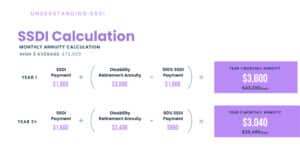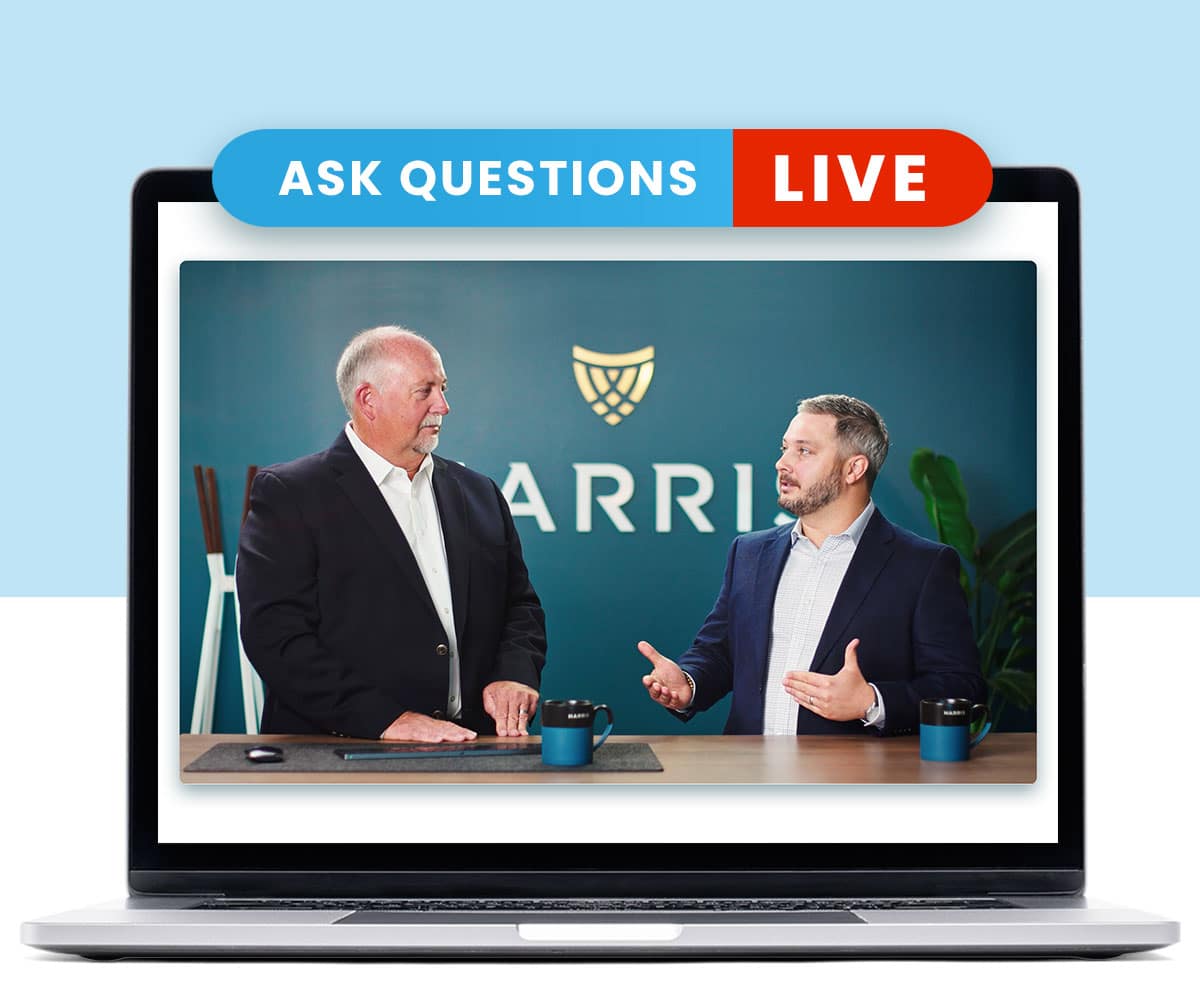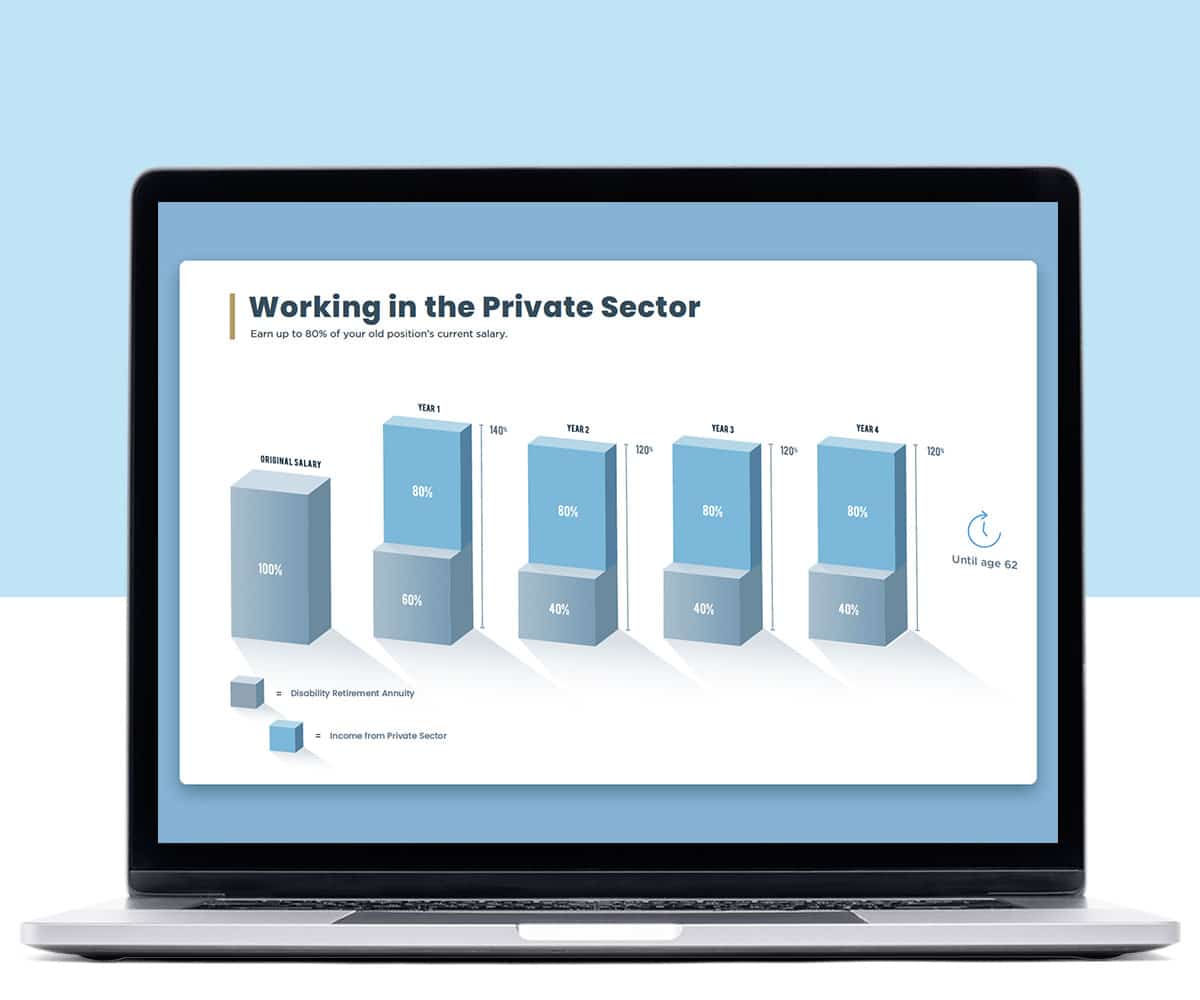Are you feeling trapped in your federal job due to a medical condition? Don’t lose hope – there’s a way out. Federal Disability Retirement offers federal employees an early retirement option if they can no longer fulfill the essential duties of their position. It is important to be informed at every stage of the process, so here are some essential insights on Federal Disability Retirement!
1. The Definition of Disability for Federal Disability Retirement
Federal Disability Retirement is provided by the Office of Personnel Management (OPM). For the purposes of Federal Disability Retirement, a disability is any condition that prevents you from performing at least one essential function of your job. This means that if there’s one part of your job that you can’t do because of a medical condition, you may qualify – it doesn’t mean you can’t work at all. This definition of disability varies significantly from other disability benefits, like Social Security Disability Insurance, for example.
2. The Application Timeline Is Critical
There is a strict deadline to apply for Federal Disability Retirement and if you miss it, you won’t get another chance to apply. You have to submit your application within one year of separation from your federal agency, so it’s imperative to know your official separation date.
Another important deadline to be aware of: If you’ve applied and your initial application has been denied, you have only 30 days to appeal the decision. Because Harris Federal specializes in Federal Disability Retirement, we can help ensure you meet all critical deadlines with confidence.
3. The Benefits Beyond Basic Retirement
There are four main benefits to Federal Disability Retirement:
- A monthly annuity payment
- The ability to keep your health and life insurance
- The ability to continue earning creditable years of service
- The ability to work in the private sector and earn up to 80% of your current salary
Federal Disability Retirement serves as a “bridge to 62,” allowing you to receive your full retirement benefits at age 62 without continuing to work in the federal government. With the benefit of working in the private sector, you could earn more money after retiring than what you made in the federal government.
Federal Disability Retirement provides a steppingstone to new job opportunities because you have the security of a monthly annuity payment. From teaching to real estate and countless other jobs in between, we’ve seen clients go on to find a new passion after being approved for disability retirement.
4. Medical Documentation Is Key
Medical documentation is the single most important aspect of your application for Federal Disability Retirement. You must have medical documentation that supports your claim. Medical documentation can come from multiple providers, including doctors, therapists, nurse practitioners, and social workers. Having a medical professional write a supportive letter for your application is key.
5. Not Just for Those at the End of Their Careers
Many federal employees hear the word “retirement” and automatically think that they won’t qualify. However, there is no age requirement for Federal Disability Retirement and the only service requirement is 18 months. If you have worked as a career employee for 18 months, you could qualify for Federal Disability Retirement. We have worked with clients of all ages, and while it can be difficult to decide to leave your federal job, we don’t want you to struggle for years to come.
6. The Role of Your Job Description
As we looked at in #1, Federal Disability Retirement defines disability as the inability to perform at least one of the essential functions of your job. This means the OPM will want to see specific examples of those duties in your job description that you can no longer perform according to a medical professional.
Your job description can also be a helpful tool when requesting reasonable accommodation – a necessary step in the Federal Disability Retirement application process. You can provide your doctor with a copy of your position description to discuss the duties that you can and can’t perform and request accommodation from there.
7. The Appeal Process Is There for a Reason
If your initial application is denied, don’t worry, you have appeal options! You have 30 days from your denial to request the OPM make a new decision, submit new evidence, or request a 30-day extension.
Appealing a Federal Disability Retirement denial can be stressful, and if you are denied again, you have to appeal at the MSPB level. It is highly recommended to have legal representation at this stage to support your case.
8. Legal Expertise Can Make a Difference
Hiring an experienced Federal Disability Retirement attorney when you initially apply can help make sure your application is as strong as possible. In some cases, Federal Disability Retirement can be a benefit worth well over $1,000,000 – that’s not something to risk. The experts at Harris Federal know firsthand that navigating your retirement can feel like a maze. So, we’ve designed a process that turns that maze into a straight road – even if you receive an initial denial. In fact, if we help you apply and you’re denied, we cover all stages of appeal without any additional cost to you.
9. The Impact on Social Security Disability Insurance (SSDI)
In order to apply for Federal Disability Retirement, you must apply for Social Security Disability Insurance (SSDI). You do not need to be approved for SSDI; you just need to prove that you applied. If you do get approved, there will be an offset between your Federal Disability Retirement payments and your SSDI payments. “Offset” means you won’t get the full amount of both payments simultaneously.
If you’re approved for SSDI and Federal Disability Retirement, here’s what will happen: in your first year on both benefits, your Federal Disability Retirement payments will be lowered by the full amount of your SSDI payments. Every year after that, your Federal Disability Retirement payments will be reduced by 60% of your SSDI payments.
10. You’re Not Alone
We understand that this process can be overwhelming, but our firm has spent the last 20+ years getting federal employees just like you approved for disability retirement, so we know exactly what the OPM is looking for. We’ve helped more than 8,000 clients get approved at a 99% success rate and want to help you secure the benefits you deserve.
Watch our testimonial videos to hear directly from clients we’ve served!
Give our office a call at 877-226-2723 or message us to schedule a free consultation and speak to our team. Even if you aren’t quite ready to take this next step, let us give you the best advice for your future. We look forward to hearing from you soon!






